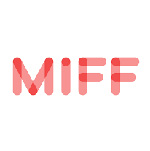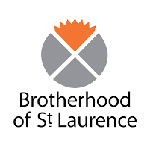Welcome to the Faculty of Arts
Australia's top ranked university for arts, humanities and social sciences.
The University of Melbourne’s Faculty of Arts brings together a diverse and dedicated community of scholars. As Australia’s leading Arts faculty, we’re committed to humanities and social sciences research and teaching that can help us tackle global challenges in new ways.
Latest news
Unique partnerships and collaborations
Our national and international partnerships create invaluable opportunities for our students and give partners access to our world-class research expertise.





Humanities and social science research with impact
Our research centres and institutes are home to some of the country’s boldest thinkers. Whether studying human emotion, Asian cultures, the media, or the future of work, our research challenges what we know about the world.


Built with a BA
Curious, collaborative and creative, our graduates transform the world for the better. They're job-ready, life-ready and turning their knowledge into action as they work in fields as diverse as the education offered in a University of Melbourne BA.
Watch some of our graduates talk about how they’ve used their Bachelor of Arts in their careers.